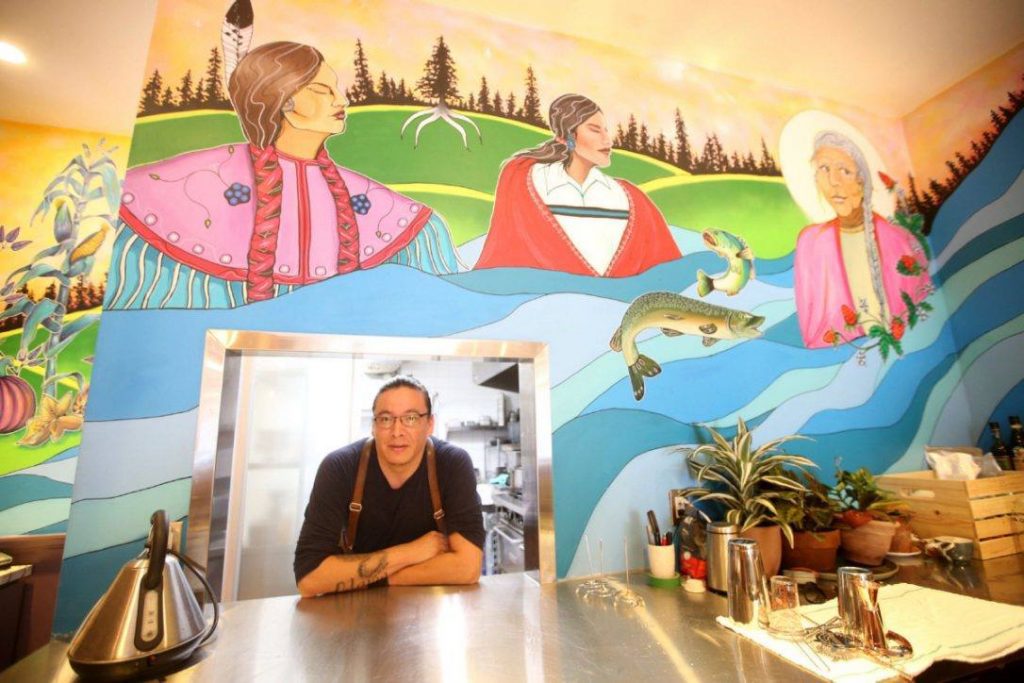On Oct. 7, Aylan Couchie started a counter petition after a petition was created to stop Kukum Kitchen from serving traditional seal meat because of concerns about animal cruelty. Couchie said education on Indigenous perspectives is necessary in order to prevent further cultural disputes, and all Canadians have a responsibility to learn about cultures with which they regularly interact.
Couchie is an Anishinaabe artist and writer from Nipissing First Nation and the secretary of the Native Women in the Arts organization. She said this situation shows a lack of proper education on Indigenous perspectives and acts as a major catalyst for actions taken against Indigenous traditions.
“As Indigenous people, we constantly have to defend ourselves and our culture against a multitude of harmful behaviors and actions such as this one,” Couchie said.
Ignorance leads to harm
Couchie said that in this case of controversy, a lack of education crossed the line into willful ignorance “fairly easily.” In response to this, she said there are a lot of resources available for anyone who would want to learn about traditions of Indigenous people and the responsibility of education lies with the individual, as well as the government.
“The education system also needs a massive overhaul, especially as outlined in the Truth & Reconciliation Commission’s Calls to Action,” Couchie said. “I know some of that work is being activated, but it’s slow. I think that Canadians have a responsibility to educate themselves on what has really gone on in this country.”
For the Inuit, seal is a staple dish that holds long generational tradition. Couchie said seal hunting has long held significance to First Nations and Metis, who relied on the fur trade to feed their families in the past.
The tradition has been criticized by petitioner Jennifer Martos, who called the hunting of seals “violent, horrific, traumatizing and unnecessary.”
Nick Chaplin is a media production student at Ryerson University in his third year. Chaplin said that, despite cultural traditions, sealing should not be permitted for any purpose.
“Even though they might be considered a delicacy a certain community it doesn’t just brush away the fact that they endure a certain amount of treatment negatively, from anyone who would use or sell that kind of meat,” Chaplin said.
The need to move towards accepting cultural diversity
What is unnecessary for some is culturally and economically necessary for the Inuit people, said Rubin Friedman, a board member of the Canadian Race Relations Foundations. According to Friedman, the petition is a misguided attempt to prevent practices that are fully legal, just different from what we consider the norm.
Kaitlin Johnson, a first year accounting student at Ryerson University said that being dissenting of other people’s cultural practices is both harmful and biased.
“[Indigenous people] have had so much culture taken from them already,” Johnson said. “You can say that chicken is the same way, beef is the same way, but they don’t try and make us stop eating it and ban it. I think we should be more accepting of cultural differences. ”
(Header photo courtesy Vince Talotta/The Toronto Star)


Leave a Reply